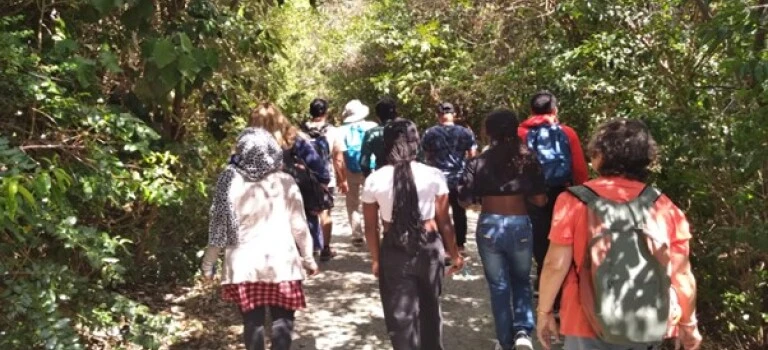Red Cross stories
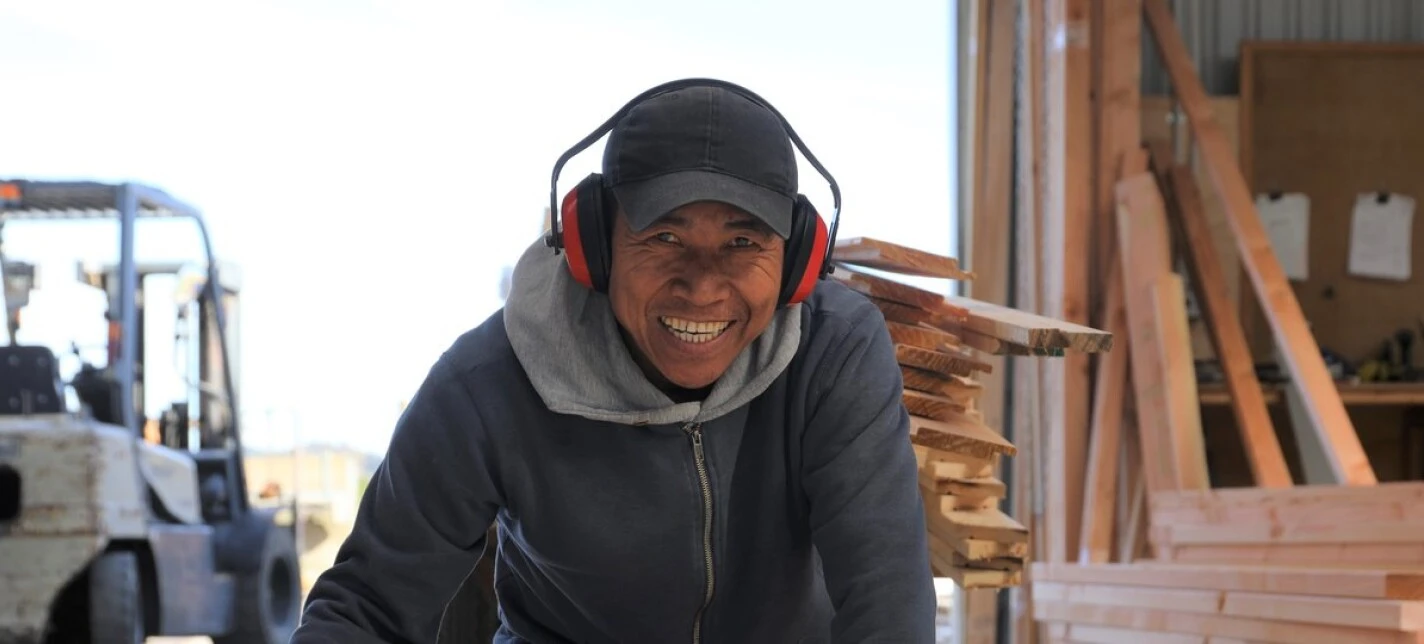

Red Cross stories
Read our stories filled with humanity, resilience and the spirit of volunteering. They show how your support is helping vulnerable people in New Zealand and around the world.
19 June 2025
Former refugee helping other new Kiwis into employment
Read more
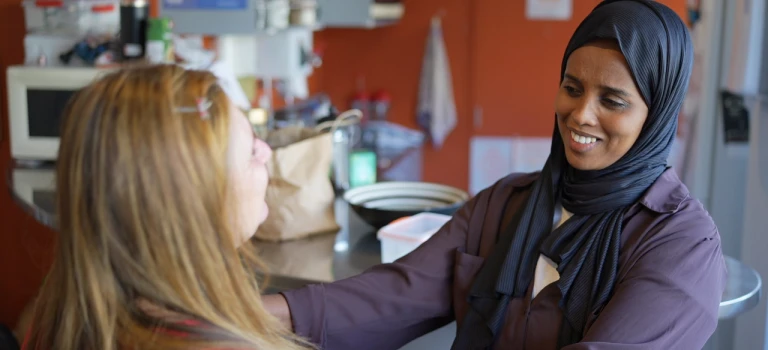
16 June 2025
From customer to volunteer: Susan finds community at the Hornby Red Cross Shop
Read more
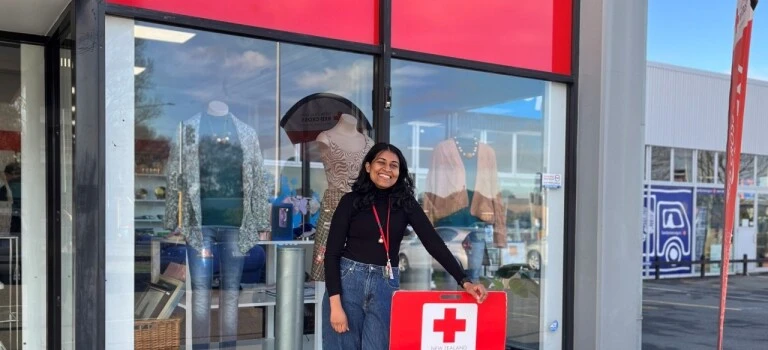
16 June 2025
Mending bikes, rebuilding strength
Read more
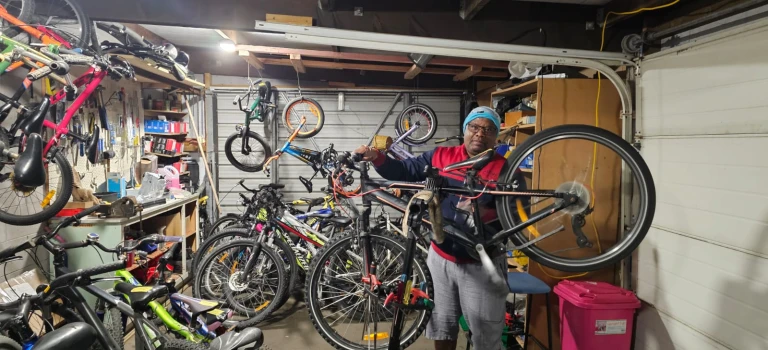
12 June 2025
Helping new Kiwi families find their balance
Read more
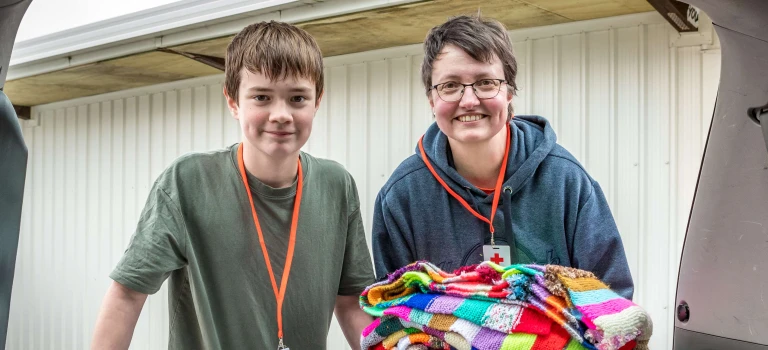
20 May 2025
Helping young former refugees thrive
Read more
